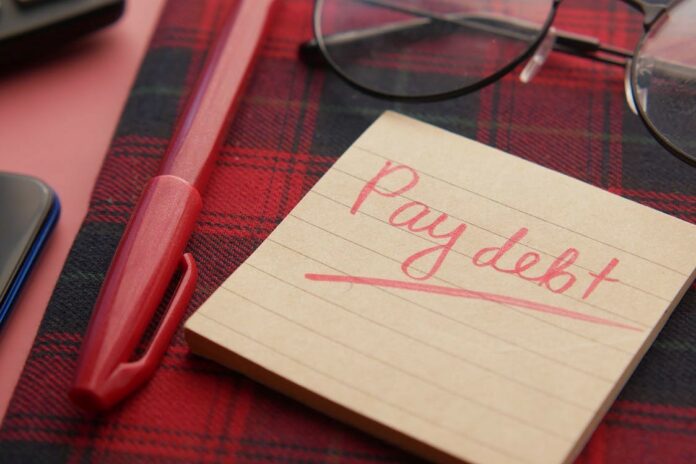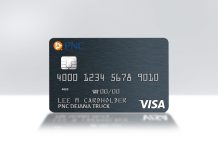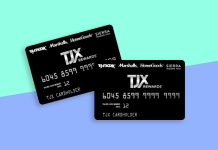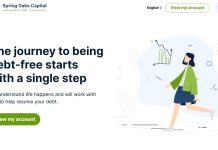
If you want to get out of debt, check out this list. Here are five tips to help you hone your debt-paying powers.
1. Go on a Cash Diet
When you’re busy paying off debt, it’s important you don’t add to it. This can be difficult if you’re constantly spending money on credit cards and other digital payments. These non-cash transactions can trick you into spending more. That’s because it doesn’t feel like you’re spending money when you use credit.
In reality, you’re borrowing money. Remember this when you go out shopping and leave your credit cards at home.
2. Use a Budget
Following a cash-only diet is easier when you use a budget. This spending plan lists your priorities, so you can allocate the right amount of money towards certain expenses.
Setting appropriate limits is the key to a successful budget. Rather than indulging in fun splurges, concentrate on paying off essential bills, savings, and loan payments first. While you can’t expect to cut out all discretionary spending, you should reduce it significantly while paying off debt.
3. Pay More Than the Minimum
Each debt has a minimum payment, but its size depends on the type of loan you’ve taken out.
- With personal loans, it’s the fixed amount due according to your lender’s schedule.
- For credit cards and lines of credit, the minimum represents a portion of your outstanding balance.
What would your budget have to look like in order to pay more than these minimums? You might have to sacrifice more of your fun spending to increase these payments. While this might be challenging, it can help you pay off debt faster and, in some cases, reduce how much interest you pay.
Just make sure your financial institution allows for larger or additional payments when it comes to personal loans. While a financial institution like MoneyKey encourages borrowers to make pre-payments, other lenders penalize you for making any payment outside their schedule.
4. Pick Your Strategy
Once you free up more cash to put towards debts, don’t distribute this money equally between each account. This egalitarian approach isn’t the most effective use of your money. You should focus on putting most of your extra cash towards one account while meeting the minimum payments on all the others.
What account gets the extra attention? In the debt-paying world, you have two options. Either the account with the highest interest rate or the lowest balance.
Both have merits:
- When you focus on interest, you can reduce how much you pay in fees.
- Research shows tackling small balances first increases your likelihood of eliminating your overall debt.
Whichever strategy you pick, you’ll gain momentum as you go. That’s because you can roll in the minimum and extra payments of the first loan you pay off into the next on your list. Each time you wipe out an account, your debt-paying powers will grow.
5. Boost Your Income
Pushing more money towards any account can be difficult if you have a limited budget. You might not spend a lot of money on fun splurges, which means you can’t cut many expenses to free up cash.
If you can’t reduce your spending, you’ll have to increase your income. Consider getting a part-time job or starting a side gig. You may also want to ask your employer for a raise or find out what you need to do to earn a better-paying job.
And there you have it — these five tips can help you take control of your debt.










